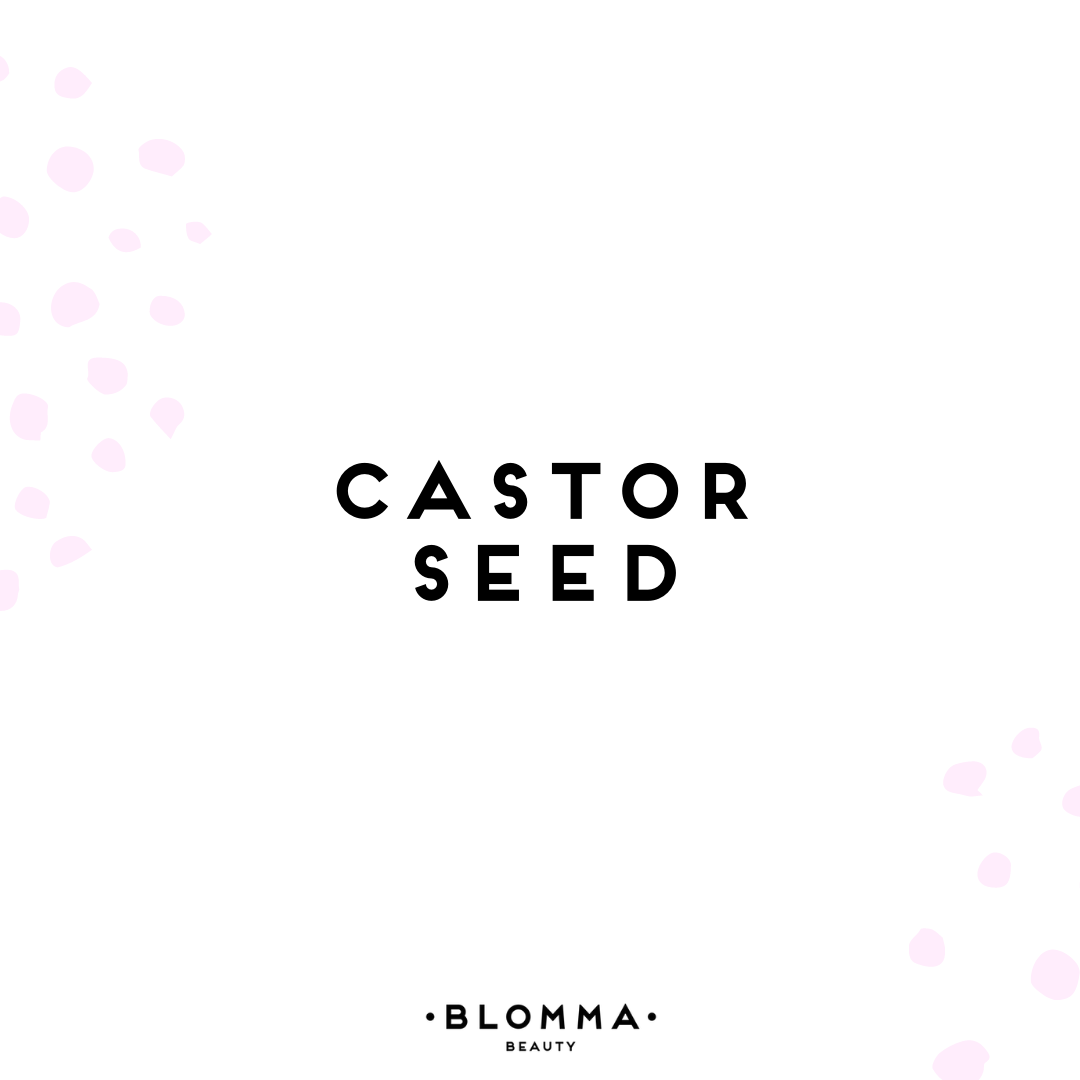
What is castor seed?
The castor seed or bean comes from the tropical shrub sometimes known as Christ's Palm, or, Palma Christi. The fruits of the plant are poisonous if eaten but the seeds can provide many skincare benefits.
You'll often find castor seed oil or sodium castorate in cleansing products. It's a very stable oil in natural beauty formulations because it never congeals and cannot freeze so can withstand temperature variations.
Where does castor seed come from and how is it processed?
Palma Christi is a plant that's native to the African tropics. The hotter the environment, the bigger the seeds. Once picked, the seeds are left to dry out and open up before being cold pressed.
Sometimes solvents are used in mass production. Generally castor oil is clear but it can appear darker if it has been boiled in water. This is a technique that originates in the West Indies and is called black castor oil.
How is castor seed used in natural skincare?
Extracts from castor seeds come in different forms in natural beauty products:
- Castor seed oil: a natural ingredient which is the oil from cold pressed castor seeds
- Sodium castorate: a naturally derived ingredient which is the sodium salt of the fatty acids derived from castor oil
What are the benefits of castor seed in natural beauty products?
Castor seed oil has a high ricinoleic acid content which helps to reduce inflammation. It's also packed with natural vitamin E to help maintain healthy skin and hair.
Castor oil is a carrier oil because it can be easily absorbed into the skin as well help other ingredients penetrate deeper. Castor oil can be suited to many skin types as it's very gentle and rarely linked to allergic reactions, however, in some cases it can cause dermatitis.
In natural haircare products, castor seed can help smooth the hair shaft.
INCI Names
Ricinus Communis Seed Oil

